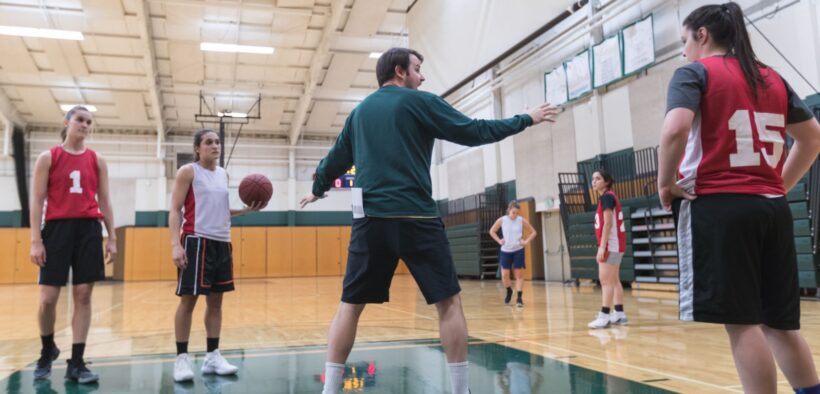What is the best way for teachers to develop student expertise in a subject area? Currently, there are two competing schools of thought. One school, which I will refer to as inquiry-based instruction, believes that pedagogy should prioritize teaching conceptual understanding using complex problems so that students can see the value of what they are learning and practice thinking, reasoning, and problem-solving with concepts. Advocates of this view believe that students benefit from self-discovery of knowledge to build autonomy and make learning more personal and meaningful (e.g., Liu & Pásztor, 2022). They see traditional methods of practice with simple facts as “drill and kill,” which undermines student interest and motivation. The other school, which I will call direct instruction, believes that the best way to learn complex concepts and procedures is through incremental, teacher-directed instruction coupled with practice at each step (Clark et al., 2012). They see knowledge as hierarchical; students must master simpler concepts before they can understand more complex ones. Teaching through student self-discovery is unlikely to succeed because it imposes a high cognitive load, which overwhelms most students and undermines learning. This camp prioritizes memorization and practice of basic facts. Both schools agree that practice is important, but they differ on what students should practice. Where they both fall short, however, is in recognizing that there are different kinds of practice that have different learning consequences. Regardless of teaching approach, understanding different kinds of practice benefits teachers.
Practice Is Essential for Developing Expertise (but Often Misunderstood)

- Tags: practice, subject-matter thinking
Related Articles
I have two loves: teaching and learning. Although I love them for different reasons, I’ve been passionate about...
Creativity scholars Kaufman and Glăveanu (2019) argue that “like love or happiness, creativity is everywhere and nowhere in...
What if the most powerful teaching tool wasn't a new AI technology but humans helping other humans become...
Picture this: You spend hours crafting a midterm exam that could provide valuable learning opportunities. Students get their...
There is an elusive win-win in teaching in which both teachers and students truly enjoy a class together....
We often hear faculty complain that students are not reading the course material. Studies consistently report low rates...
Every teacher knows the challenge: Students complete homework at 9:00 p.m., get stuck, and have to wait until...







